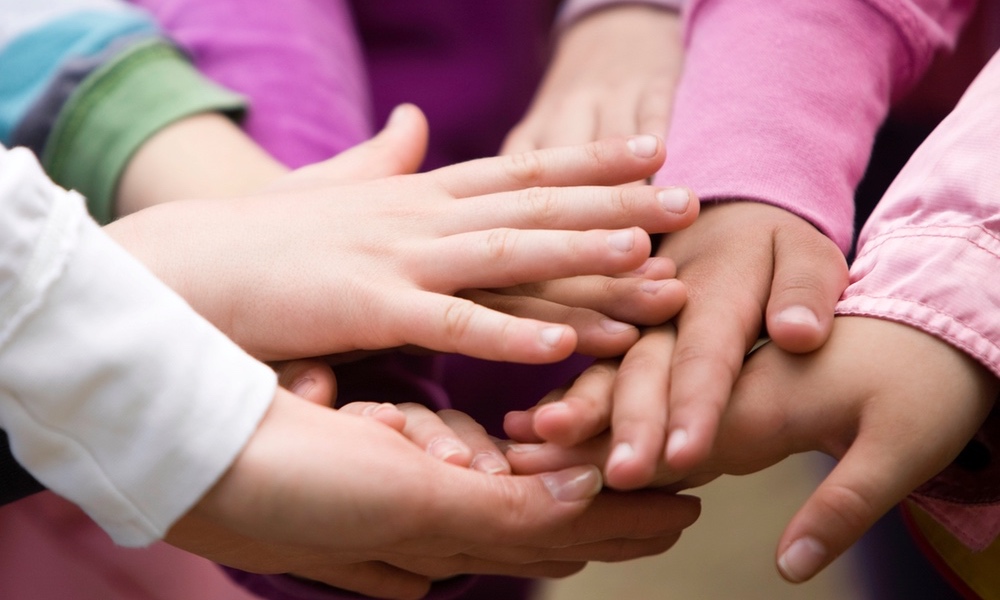Friendships are an important part of children’s social lives. Some kids make friends and play with their peers pretty easily; for others, playtime is more difficult. Those with poor impulse control, for example, may find it hard to wait their turn or take others’ ideas into account.
Few studies have looked at whether a young child’s ability or inability to play easily with other children the same age — peer play — has an effect on their adjustment later on. That appears to be the case, for better and for worse, according to work by British researchers at Cambridge University.
They found that kids who find it easier to play with others have better mental health outcomes than those children who find playing with peers more difficult. The researchers had anticipated this would be the case, but, as Jennifer Gibson, corresponding author on the study, told TheDoctor, they were still happy to find their data supported this theory.
Playing with peers has another benefit: it can help hyperactive or impulsive children get better at waiting their turns and being more persistent.The positive association between peer play ability at age three and mental health at age seven persisted even in children who were easily upset and those who had trouble sticking with a challenging task.
Information on a group of almost 1,700 children born between March 2003 and February 2004 who had participated in Growing Up in Australia, an ongoing longitudinal study tracking the cognitive and psychosocial development of Australian children every two years, was analyzed.
Parents and caregivers answered questions about how well their children played with others during different types of play: simple games; imaginative play; collaborative games, such as hide-and-seek; and goal-directed activities, like building a tower from blocks.
The researchers calculated the strength of the relationship between peer play ability at age three and noted any reported symptoms of hyperactivity, behavioral and emotional problems, and difficulty interacting with peers at age seven.
Children with good peer play ability at age three had fewer mental health issues at age seven. For every unit increase in a child’s peer play ability, their score for hyperactivity at age seven fell by more than eight percent, behavioral problems by eight percent, emotional problems by almost ten percent and problems with peers by 14 percent.
Data were also analyzed from two at-risk subgroups: children with high reactivity, who were easily upset; and those with low persistence, who had trouble sticking with a challenging task. The positive association between peer play ability at age three and mental health at age seven persisted even in these two subgroups.
For example, among the 270 children in the low persistence group, those who were better at playing with their peers at age three consistently had lower rates of hyperactivity and fewer peer and emotional problems at age seven. “We thought play with others could really help children with low persistence build motivation and learn how other children cope with losing a game or how they persist to solve a puzzle,” Gibson said.
Children with high reactivity who had better early play skills became less reactive when playing with peers when they were older. However, peer play ability at age three in this subgroup was not associated with better behavior and fewer peer and emotional problems later on. Children with reactive temperaments might still find it difficult to recover from a setback.
“Children with a reactive temperament might be less able to sustain playful interactions following an upsetting episode, and might withdraw from opportunities to play,” Gibson, a member of the faculty of education at Cambridge, explained.
The beneficial effects of peer play on mental health persisted even after accounting for factors such as differences in socioeconomic status.
“This gives us hope that play-based interventions could be developed to support our most disadvantaged children,” she added. The team is planning to see if they can support children from disadvantaged backgrounds by providing them with opportunities to play with their peers at a younger age. Said Gibson, “We are hoping to follow children over time to see if those who experienced early play interventions really do build stronger friendships and social networks that increase resilience to mental health issues.”
The study is published in Child Psychiatry & Human Development.





